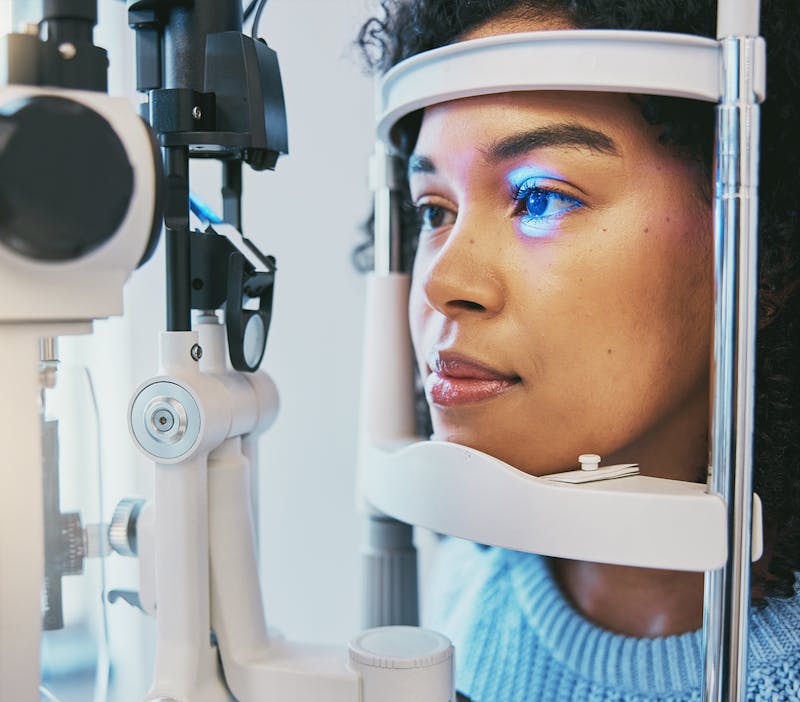
Utilizing Health Savings Accounts For Out-Of-Pocket Procedures Before The End Of The Year
As the end of the year approaches, many patients seek ways to maximize their healthcare benefits, including using Health Savings Accounts (HSAs) and Flexible Spending Accounts (FSAs). If you've been considering vision correction surgery, specialty contact lenses, or other a...
View More

